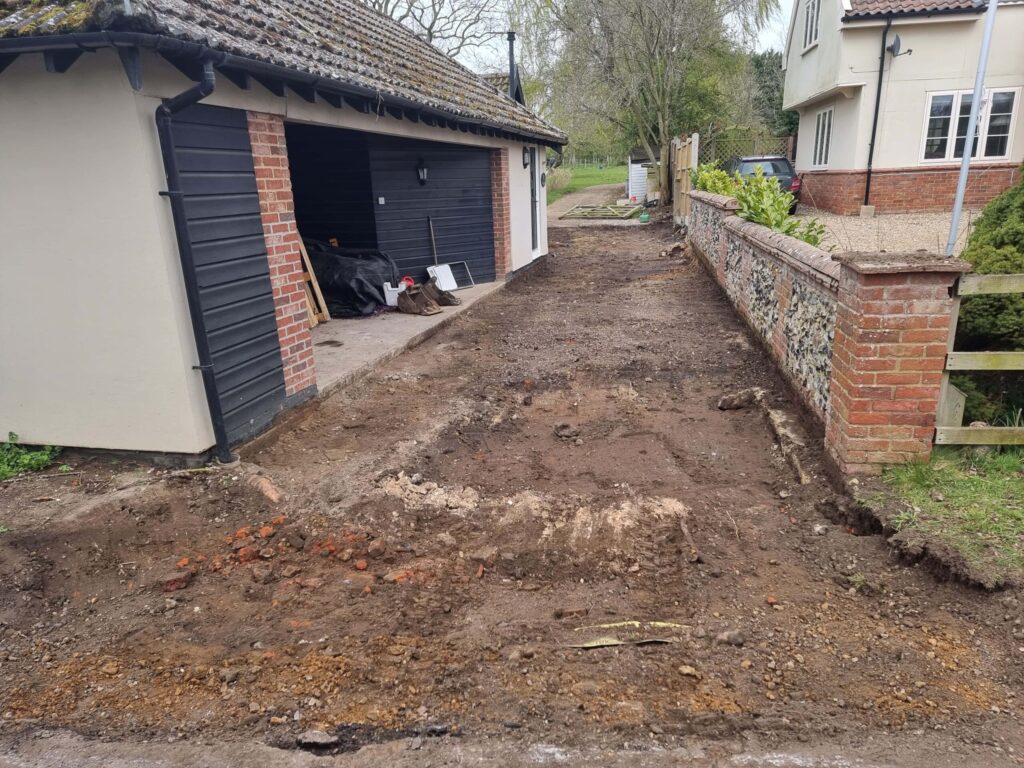Tar & Chip for Accessibility: Ensuring ADA Compliance
Introduction: Creating accessible and inclusive spaces is fundamental to modern construction and design. For driveways and roadways, adhering to the guidelines of the Americans with Disabilities Act (ADA) is essential to ensure that everyone, regardless of their mobility, can navigate the built environment comfortably and safely. In this blog post, Great Yarmouth Driveways explores how tar & chip surfacing can contribute to accessibility and help property owners meet ADA compliance requirements.
Understanding ADA Compliance
The Americans with Disabilities Act (ADA) is a federal law that prohibits discrimination against people with disabilities and ensures their equal access to public facilities and services. This includes the design and construction of driveways and roadways. ADA compliance guidelines outline specific requirements to make these spaces accessible to individuals with mobility impairments.
Benefits of Tar & Chip Surfacing for Accessibility
- Durability: Tar & chip surfaces are known for their durability and resilience. They can withstand heavy traffic and harsh weather conditions, making them ideal for areas that must remain accessible year-round.
- Traction: The texture of tar & chip surfaces provides excellent traction, reducing the risk of slips and falls. This is particularly important for accessible pathways and driveways to ensure the safety of individuals with mobility challenges.
- Visual Contrast: ADA compliance guidelines require visual contrast between walkways, driveways, and surrounding surfaces. Tar & chip surfacing allows for customisation, including contrasting colours, to meet these requirements effectively.
- Cost-Effectiveness: Tar & chip surfacing is a cost-effective solution for creating accessible driveways and pathways. It provides the necessary durability and compliance without the high costs associated with some other materials.
- Low Maintenance: Once installed, tar & chip surfaces require minimal maintenance, reducing long-term costs. Routine resealing can help maintain the appearance and functionality of the surface.
ADA Compliance Considerations
When using tar & chip surfacing to ensure ADA compliance, consider the following:
- Slope and Gradient: Ensure that driveways and pathways meet the ADA requirements for slope and gradient to accommodate wheelchair users and individuals with mobility aids.
- Cross Slope: Maintain the appropriate cross slope to prevent water pooling and ensure easy drainage.
- Smooth Transitions: Create smooth and level transitions between tar & chip surfaces and adjacent areas, such as sidewalks and curbs.
- Curb Ramps: Install ADA-compliant curb ramps with the appropriate slope and dimensions at pedestrian crosswalks and driveway entrances.
- Visual and Tactile Features: Incorporate visual and tactile features, such as detectable warning surfaces, to assist individuals with visual impairments navigate the space.
Conclusion: Tar & chip surfacing offers a practical, cost-effective solution for creating accessible driveways and pathways while ensuring ADA compliance. By prioritising accessibility in your construction projects, you contribute to an inclusive and welcoming environment for everyone. Great Yarmouth Driveways is committed to providing accessible surfacing solutions that meet ADA requirements, making properties more accessible and safe for all individuals, regardless of their mobility.
Call us on: 01493 807 282
Click here to find out more about Great Yarmouth Driveways
Click here to complete our contact form and see how we can help with your driveway needs.

